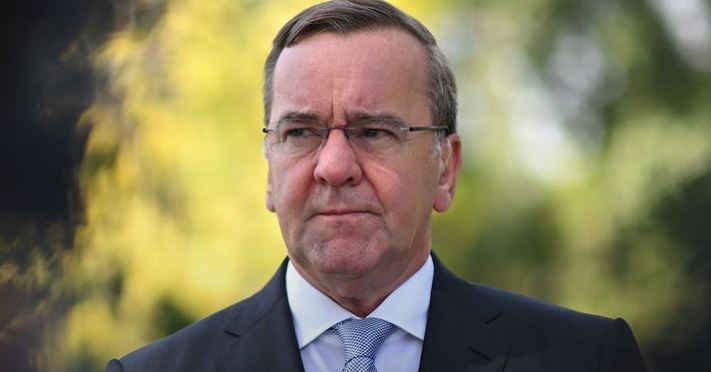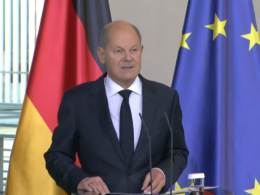German Defense Minister Boris Pistorius urged the US Congress to approve supplemental military assistance for Ukraine, warning that failure to provide aid could impair vital security cooperation and disrupt economic partnerships between the allies, according to Bloomberg.
Germany is increasingly concerned about the stalled US aid package for Ukraine worth over $60 billion, which has been delayed for months, leading to urgent appeals from Ukrainian President Volodymyr Zelenskyy as ammunition and materiel supplies dwindle.
The German minister urged Europe and the NATO to prepare for “the worst case scenario”:
“I don’t like to look into the crystal ball,” he said. “I can’t predict if and when an attack on NATO territory might occur. But it could happen in five to eight years,” Pistorius said in an interview given during the Munich Security Conference
The minister specifically highlighted the potential consequences for US defense contractors, delaying the aid for Ukraine if additional backing for Ukraine fails to materialize. Germany has signed deals worth billions with American firms like Lockheed Martin and Boeing as it bolsters military spending:
“One aspect among many others of our transatlantic cooperation is that we signed hundreds of contracts worth billions of dollars and we are about to prepare new contracts,” he added. “It’s obvious that the alliance for security brings many advantages — for both sides,” Pistorius said.
Pistorius underscored shared risks and told US allies "less security in Europe means less security for the United States." He warned ripple effects could stretch across the Atlantic.
The minister said while the NATO budget target of 2% of GDP is a starting point, spending may need to go higher given the magnitude of the Russian threat. Germany could reach as much as 3.5%, he indicated.
Read also:
- US bipartisan lawmakers unveil new foreign aid bill, including $47 bn for Ukraine
- Biden calls for swift House approval on Ukraine, Israel aid bill
- US Senate approves foreign aid bill, including $ 61 bn for Ukraine, but House may reject it





